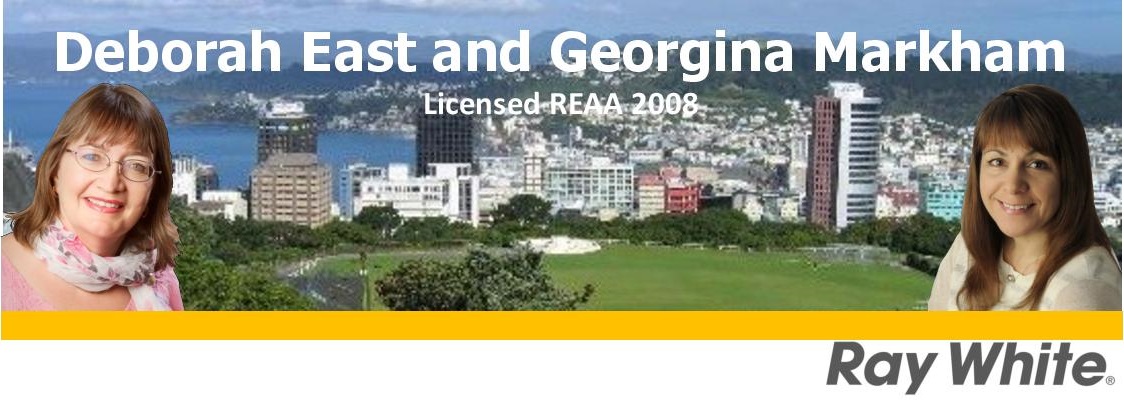Agreement (Also called the Agreement for Sale and Purchase.)
This is the written contract for the Sale and Purchase of the property between the vendor (seller) and the purchaser buyer). It is recommended you discuss this with your lawyer before signing.
Back-up offer
A second offer accepted by the vendor, who already has an existing contract that is conditional. Dates and times need to be carefully adhered to. These arrangements can create pressure for both vendor and purchaser. It is recommended you discuss this with your lawyer before signing.
Chattels
These are the movable objects found in a house or elsewhere on the property that are included in the sale. Most often they include the stove, television aerial, carpets, blinds, curtains, drapes and light fittings. However, they may also include dishwashers, refrigerators, heaters and so on. It is important that these are specifically listed in the Agreement for Sale and Purchase.
Commission
A flat fee or percentage of the sale price paid by the seller of the property to the real estate agent responsible for arranging the sale.
Conditional Agreement
This is a legally binding agreement but it is subject to certain conditions being satisfied. These might relate to: the purchaser arranging suitable finance to complete the purchase, receipt of a satisfactory builder’s report or valuer’s report; receipt of a satisfactory Land Information Memorandum (LIM); or the purchaser’s solicitor approving the title to the property. They may also require the seller to do something by a certain date. Once the conditions are satisfied the agreement becomes unconditional. Whether you are a buyer or seller, it is important to get legal advice to ensure that the conditions are expressed clearly in the agreement.
Cross-lease
This type of ownership is common where there is more than one property (often called flats) on a single title. The owners of each property co-own the land and each leases their own property, which together form the cross-lease title.
Deposit
Part of the purchase price (usually 10%) paid by the purchaser when the agreement is signed or on confirmation, or conditions confirmed.
Freehold
This form of title means that you own the land and the buildings on the property, with few restrictions (although no buildings are shown on the title documents). It Is the most common form of title in New Zealand.
GST
This tax – not usually applicable in the case of residential properties – is important to consider in the case of lifestyle blocks, farms, commercial and investment properties. Leasehold These must be thoroughly checked. This is where someone other than the occupier of the property owns the land and charges rent for a specific term to the lessee.
Sometimes buildings on the land belong to the lessee, subject to the terms of the lease. The lessee may have an option to purchase the freehold, giving them full unrestricted title to the land in addition to the buildings. You need to know if you are buying a freehold, leasehold or other form of property ownership as this will determine what you can do with the property and will affect the amount you pay.
LIM
A LIM (Land Information Memorandum) is a report on the property provided by the local authority from their records. It may give information on many matters including the zoning of the property, whether the proper building consents have been obtained and fulfilled for additions or alterations to the buildings, payment of rates or public works in the area. This information varies from local authority to local authority, depending on the extent of its records. Failure to check some matters could have dire consequences. For instance, a LIM will show if a fire burner has been installed legally. If it has not, this could invalidate insurance on the property in the case of fire.
Possession Date
This is the date on which you take physical possession of the property.
Settlement Date
This is the date on which you pay for the property. Usually it is the same date as the date you take possession but that is not always the case.
Title
The Certificate of Title is the document that describes the property and gives legal right of ownership to the property. In New Zealand it can be a freehold, leasehold, cross-lease or unit title.
Unconditional
This form of agreement is not dependent on any conditions. You need to Agreement ensure that you have the full purchase price arranged and have carried out your checks on the property before signing the agreement. You should never sign an agreement, conditional or unconditional, without taking advice from your lawyer.
Unit title
A form of ownership of apartments and units where each owner has freehold title to his/her individual unit and any garage/parking space or similar attached to it, as set out on a unit plan. Owners of units have common legal areas and share duties for any common property, such as driveways. Buyers should be aware of their on-going obligations to the body corporate and rules that limit what can and can’t be done to the property.
Valuation
Your local authority uses a valuation for rating purposes (previously the Government Valuation). This provides a guide only to the market value of the property. A Private valuation, carried out by a professional valuer, will reflect the market conditions at the date of valuation. Quotable Value New Zealand will also carry out a market valuation.
* Information gathered from NZ Law Society website

